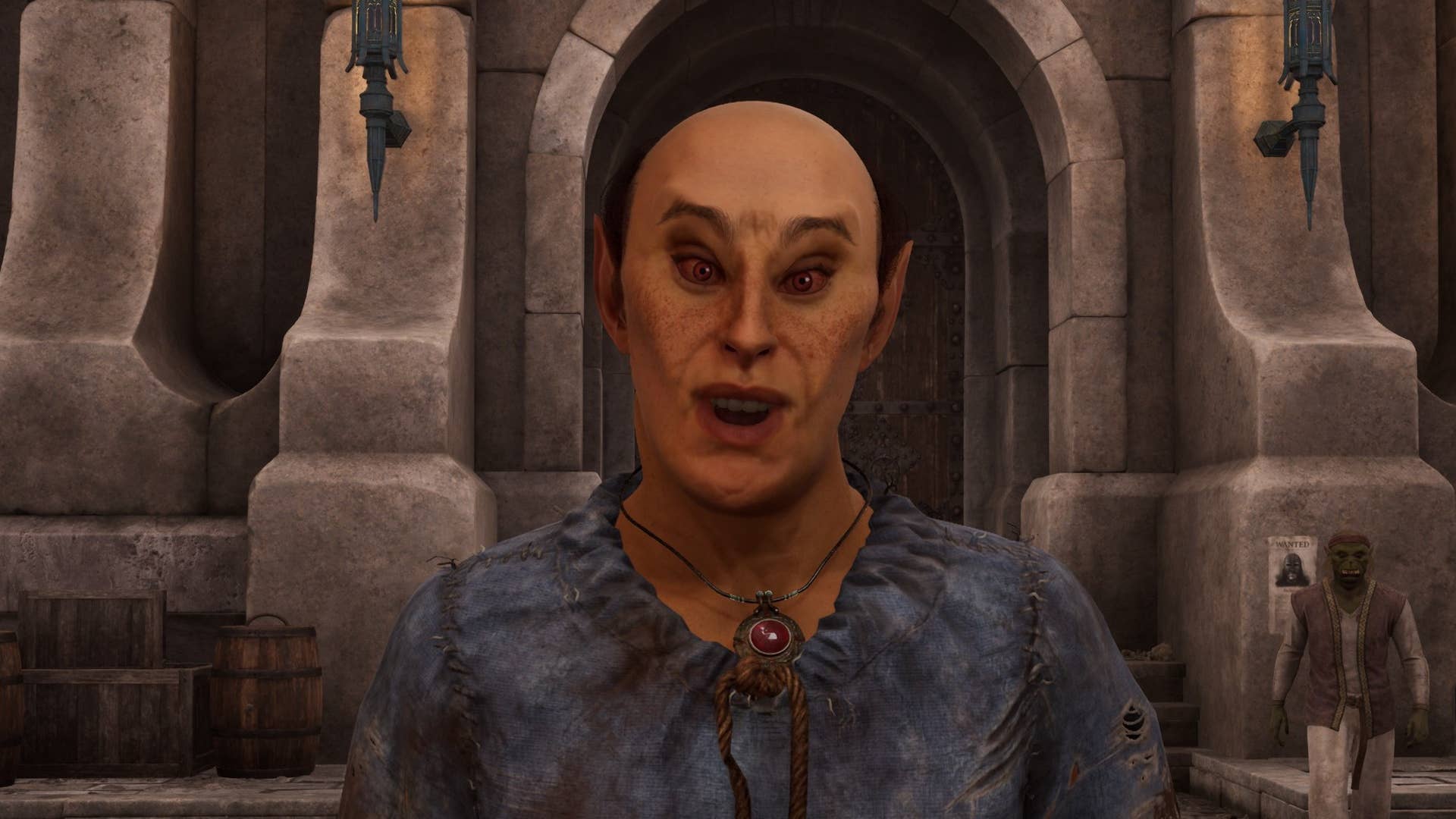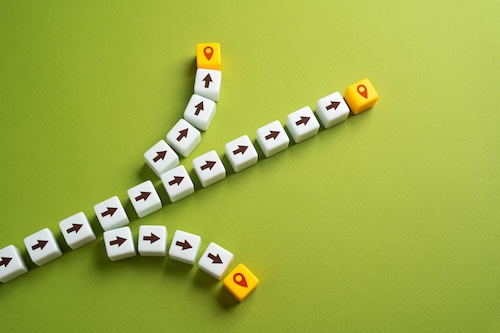Trump has convinced himself that his delusions are reality
Trump operates on instincts that can be delusional by ignoring basic facts.

After meetings in London with some of the usual and unusual suspects, one subject dominated the conversations. Unsurprisingly, the subject was President Trump, and the recurring questions were about whether conditions in America are that bad and if and when we will recover.
A talk I gave at the Pilgrim’s Society, a United Kingdom-U.S. group dedicated to fostering the best relations on both sides of the Atlantic, was illustrative of these fears and concerns. The subject of the talk was a forthcoming book I am writing with General David Richards titled “Arc of Despair: Strategic Delusions in a Dangerous and AI-Driven World.”
Despite the book sounding an alarm about the dire state of strategic thinking in the West, the audience wanted to know about Trump and what the hell was going on in America. My answers may have surprised them, most of whom thought the worst about Trump.
I began by observing that I had met Trump three times: twice in late 2016 after the election, when I was asked to provide advice on foreign and defense policy matters, and once in the early 1990s at a dinner.
The chairman of a mutual fund board, of which I was a director, and his wife had been invited to dinner with Trump at Trump Tower. I was brought along to fill an otherwise empty chair.
The chairman’s wife, Sara, headed or co-headed a number of high-powered New York social clubs, such as the Pilgrims Society, which Trump hoped to join. When Trump made his intentions known, Sara looked at him directly and pleasantly asked, “Donald, how many floors does Trump Tower have?”
Trump immediately fired back, “68!” Sara responded: “No, Donald, there are only 58!” Trump tried to explain how he had been able to add the additional 10 to the floor count. It did not make a dent.
In saying goodbye, Sara said, “When you get the floors right, I would be delighted to talk about the memberships.”
Six months or so passed until Trump called Sara to follow up. Her immediate response was, “Donald, how many floors does Trump Tower have?” End of discussion.
Trump Tower in New York is an exceptional structure. Given that, why did Trump knowingly inflate the number of floors?
This, then, is a central flaw in Trump’s character. He seeks to go a bridge too far. And to that end, he probably has convinced himself that the lies or fabrications he invents are true, to the point of being delusional.
Fast forward to Trump’s first 100 days as president. By any metric, they have been unprecedented.
Trump, in some ways, is a revolutionary like Lenin or Mao who intends to shape events according to his will and vision. Thus far, where has Trump not made an impact?
In the U.S., his intent is to transform American society politically, socially, economically and intellectually. But, as with the number of floors in Trump Tower, Trump is unable or unwilling to allow reality to intervene.
Consider his biggest initiatives: fixing the border and stopping illegal immigration, which he has done. Imposing tariffs to alter the global trading system and make America even richer, and empowering the Department of Government Efficiency to reform government and make trillions of dollars by cutting waste, fraud and abuse.
He also aims to destroy all vestiges of diversity, equity and inclusion, diminish the power of the elite by attacking Ivy League and other top-ranked universities and many of the upper-crust law firms in the process and embark on a series of concurrent negotiations over Gaza, Ukraine and Iran’s nuclear programs. He has placed the negotiations in the hands of Steve Witkoff, a New York City property developer with no prior experience in foreign affairs.
The fundamental flaw is that Trump operates on instincts that can be delusional by ignoring basic facts.
Under the proper circumstances, some of his initiatives are very sound, such as controlling the border, fixing the government and seeking better trade deals. Yet, there is no coherent or integrated strategy to implement his dictums. And when confronted as he was over the number of floors in Trump Tower, he created his own universe.
How will this end? My view is that character flaws and delusions are not a good match.
But will anyone or anything intervene before all this becomes a bridge too far? Probably not.
Harlan Ullman, Ph.D., is UPI’s Arnaud deBorchgrave Distinguished Columnist, a senior advisor at Washington, D.C.’s Atlantic Council, the chairman of two private companies and the principal author of the doctrine of shock and awe. He and David Richards are authors of the forthcoming book, “The Arc of Failure: Can Decisive Strategic Thinking Transform a Dangerous World.”


































































